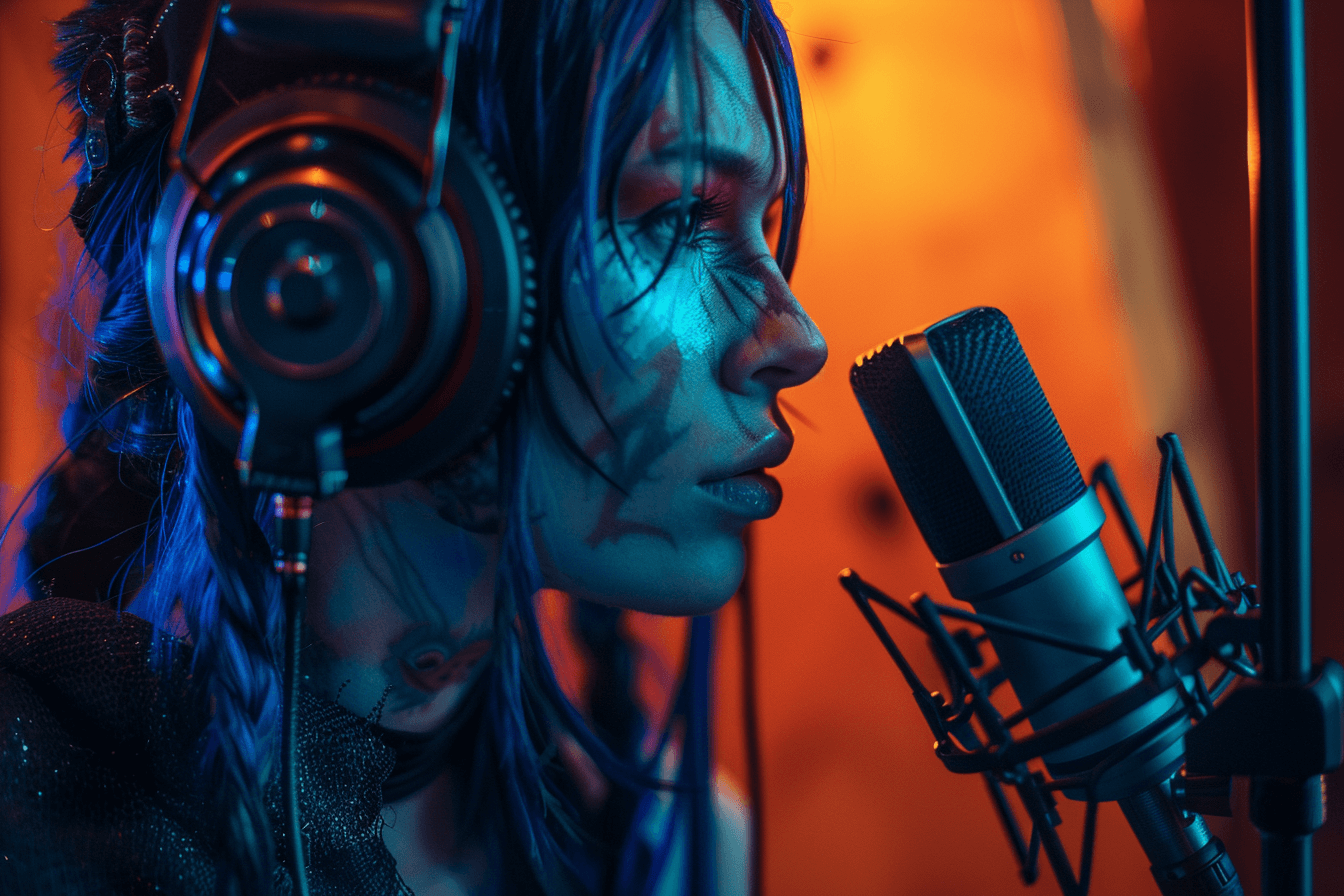The development of artificial intelligence means that many industries are facing fundamental changes. One of them is broadly understood acting, including dubbing. Dubbing actors associated with the once again award-winning production Baldurs Gate 3 from Larian Studios recently expressed their loud protest. How will artificial intelligence affect dubbing in Web2 games and what opportunities does it open for the Web3 games industry?
Dubbing actors oppose artificial intelligence, directly accusing it of theft
The gaming industry has embraced generative artificial intelligence with considerable enthusiasm. The gaming community is just the opposite. The gaming community's view is consistent with what voice actors also think about artificial intelligence. Their work is clearly at risk because AI algorithms are now extremely effective at imitating the human voice. Moreover, generative artificial intelligence tools are able to perfectly duplicate a voice sample after analyzing it. For this reason, the future of the dubbing actor's profession looks quite dark. Are you sure? The dubbing actors themselves categorically disagree with this opinion.
Amelia Tyler, one of the dubbing actresses of Baldur's Gate 3 (the narrator of the plot), stated in an interview that she categorically does not agree to the use of her voice by AI tools:
People have used my in-game voice through AI without receiving permission. Let everyone be aware that none of us consented to this. If I don't sign a release to use my voice, it's not only theft of my work, but also of my identity.
Another actor involved in the Larian Studios production, Andrew Winscott, also commented in a similar tone. The actor noted that thanks to AI, it is actually possible to record 10 hours of material and obtain 40 hours of dialogue from it. Winscott noted that this is great as long as the creators pay him for the full 40 hours of work.
How will AI voice generators impact the gaming industry?
Malicious people say that asking about the impact of AI on the dubbing industry is like asking a carp about the Christmas Eve menu. On the one hand, this community's concern about its work is understandable, especially when we look at the effectiveness of voice cloning tools such as Eleven Labs.
On the other hand, the algorithms will soon be so well “fed” with input data that generating realistic-sounding voices reflecting specific emotions will be simple and quick. Eleven Labs is already coping with this in an excellent way, as evidenced by entire YouTube channels and TikTok videos in which the only narrator is a voice generated by artificial intelligence.
Although the increasing popularity of generative artificial intelligence is a significant threat to dubbing actors, the gaming industry is rubbing its hands with joy (or at least CEOs are doing so). The possibilities of generative AI in terms of creating voices can significantly reduce the burden on the budgets of specific productions. Artificial intelligence will generate good-sounding dialogues, which may then undergo proofreading and mastering. Dubbing actors will be unnecessary. At least on the same scale as before.
Web3 gaming can benefit greatly from the popularization of generative AI in creation
Decentralized gaming is no longer perceived as a scam, as evidenced by the growing interest in projects such as RoboHero or the first Web3 game from Ubisoft, Champions Tactics. Such games are most often created by small studios working in small teams. The possibilities of generative AI mean that even small and independent developers will be able to release refined and polished Web3 games. All this without the support of a 300-person team of developers.
It is worth noting that both “traditional” and decentralized gaming very actively want to use generative artificial intelligence tools in the game creation process. A few weeks ago, the Internet was circulated by the words of the head of EA Games, which moved the gaming community, stating that AI is the Holy Grail for the industry. According to him, the future of game development is teams composed of 40% specialists and 60% generative artificial intelligence.
To sum up, dubbing actors are currently living in great anxiety due to the development of artificial intelligence. Although the displacement of this industry by AI is only a thing of the future at the moment, such galloping possibilities, for example Eleven Labs, clearly indicate the need for appropriate copyright regulation. Unfortunately, it is common knowledge that legislation has not kept pace with the development of generative AI.

